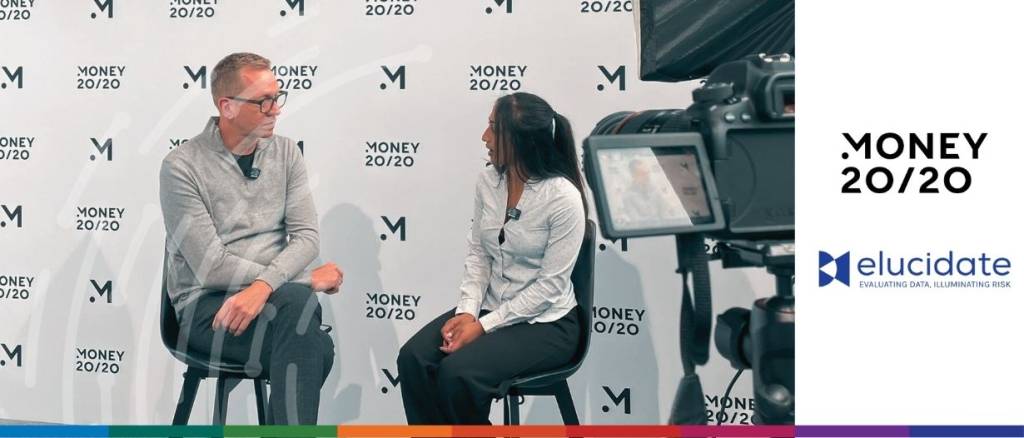Trade distribution, where banks transfer the risk of trade finance deals to other institutions, has evolved over the past 25 years. Previously limited to risk-sharing between banks, it now increasingly… read more →
At the 51st Annual International Trade and Forfaiting Association’s (ITFA) Conference in Singapore, Mahika Ravi Shankar, Deputy Editor at Trade Finance Global (TFG), spoke to Baptiste Audren, Chief Revenue Officer… read more →
Their answers may surprise you. They certainly surprised us. Going into the project, we expected the doom and gloom surrounding tariffs, geopolitical uncertainty, and a growing disparity between those seeking… read more →
For Stone, digitisation will most impact commodity market data analytics. Admittedly, data, facts, numbers, or symbols are the heartbeat of the financial sector. In an industry characterised by player-versus-player interactions,… read more →
In recent years, the wave of artificial intelligence (AI) and related technologies has swept across nearly all aspects of our human experiences: AI adoption has nearly tripled in the last… read more →
Deploying AI in enterprise environments presents unique challenges that demand careful consideration. For larger corporates, the primary concerns centre on data security, model governance, and risk containment, factors that can… read more →
At the Money 20/20 Europe conference in Amsterdam this year, Trade Finance Global (TFG) spoke with Rosie McConnell, Product Director at IFX Payments, on the single biggest trend she had… read more →
At six years old, Renata Galvão was unwittingly running companies. Real businesses were being established in her name, securing loans and conducting transactions whilst she played with toys and learnt… read more →
Traditional payment systems in Africa are proving costly and inefficient, particularly for cross-border transactions. According to the World Bank, as of 2024, Africa remains the most costly continent to send… read more →
Since the general downturn in the cryptocurrency market in 2022, stablecoins—crypto tokens pegged to a fiat asset like the US dollar—have steadily taken over more of the cryptocurrency market. Investors… read more →
























